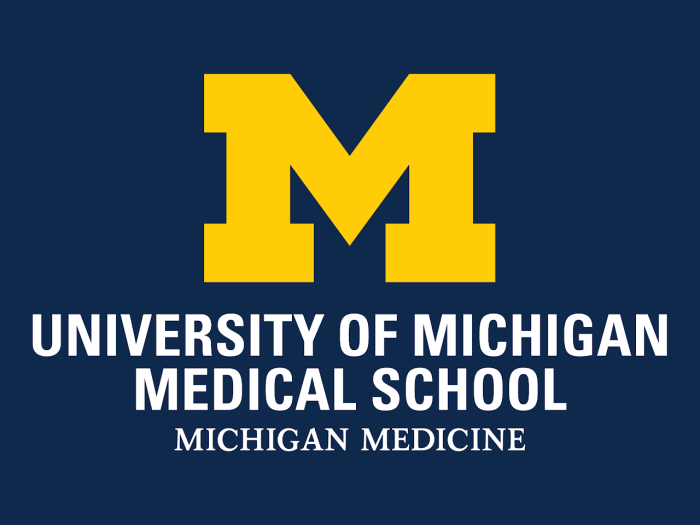
Research Overview
Learn more about the APS Research Lab’s work and impact.
Autoimmune diseases like antiphospholipid syndrome (APS) occur when the immune system attacks the body’s own cells. One aspect of this autoimmunity is that APS patients develop “sticky” blood, making them highly susceptible to blood clots such as strokes (blood clots in the brain) and pulmonary emboli (blood clots in the lungs). Our laboratories study why APS arises in certain individuals and what we can do reverse it.
Our team’s main research focus is exploring the role that neutrophils (the most abundant white blood cells in circulation within the body) play in patients with APS. Our labs have discovered that neutrophils function abnormally in patients with APS. In healthy individuals, neutrophils protect the body by identifying and eradicating infections. In patients with APS, neutrophils “go haywire” and release sticky, clot-provoking webs of DNA and proteins called neutrophil extracellular traps, also known as NETs, that can trigger the blood to clot in patients with APS.
Our labs are home to one of the largest biorepository of APS patient samples in the country. We use cutting-edge technology to study these samples, which includes an advanced imaging system that allows us to capture highly magnified images of neutrophils and study how these cells change in real time.
We are investigating APS from many other angles including studying the mechanisms of blood vessel injury; researching better blood markers of disease activity; and investigating the role of the immune system and inflammatory cells as mediators of tissue injury.
- Translational research of adult and pediatric antiphospholipid syndrome (APS)
- Basic mechanisms of APS spanning neutrophils, platelets, endothelial cells, and B cells
- New approaches to obstetric APS
- Crosstalk between the immune system and thrombosis (i.e., thrombo-inflammation)
- Neutrophils and neutrophil extracellular traps (NETs) in idiopathic aortitis and diabetic cardiovascular disease
- Neutrophils and autoantibodies in COVID-19 and COVID vaccination
- Anti-inflammatory mechanisms of natural supplements
Our multidisciplinary research includes collaborators in Biomedical Engineering, Cardiovascular Medicine, Physical Medicine & Rehabilitation, and Vascular Surgery, all working together to develop precision therapeutics that will neutralize NETs. Through this collaborative effort, our group is applying models and techniques that are entirely unique within the field of autoimmunity.
What I’m Reading in APS Research, written by Ajay Tambralli, MD and Jason Knight, MD, PhD, is designed to provide relevant information about some of the latest research in APS and to help people better understand the research behind the publications.

